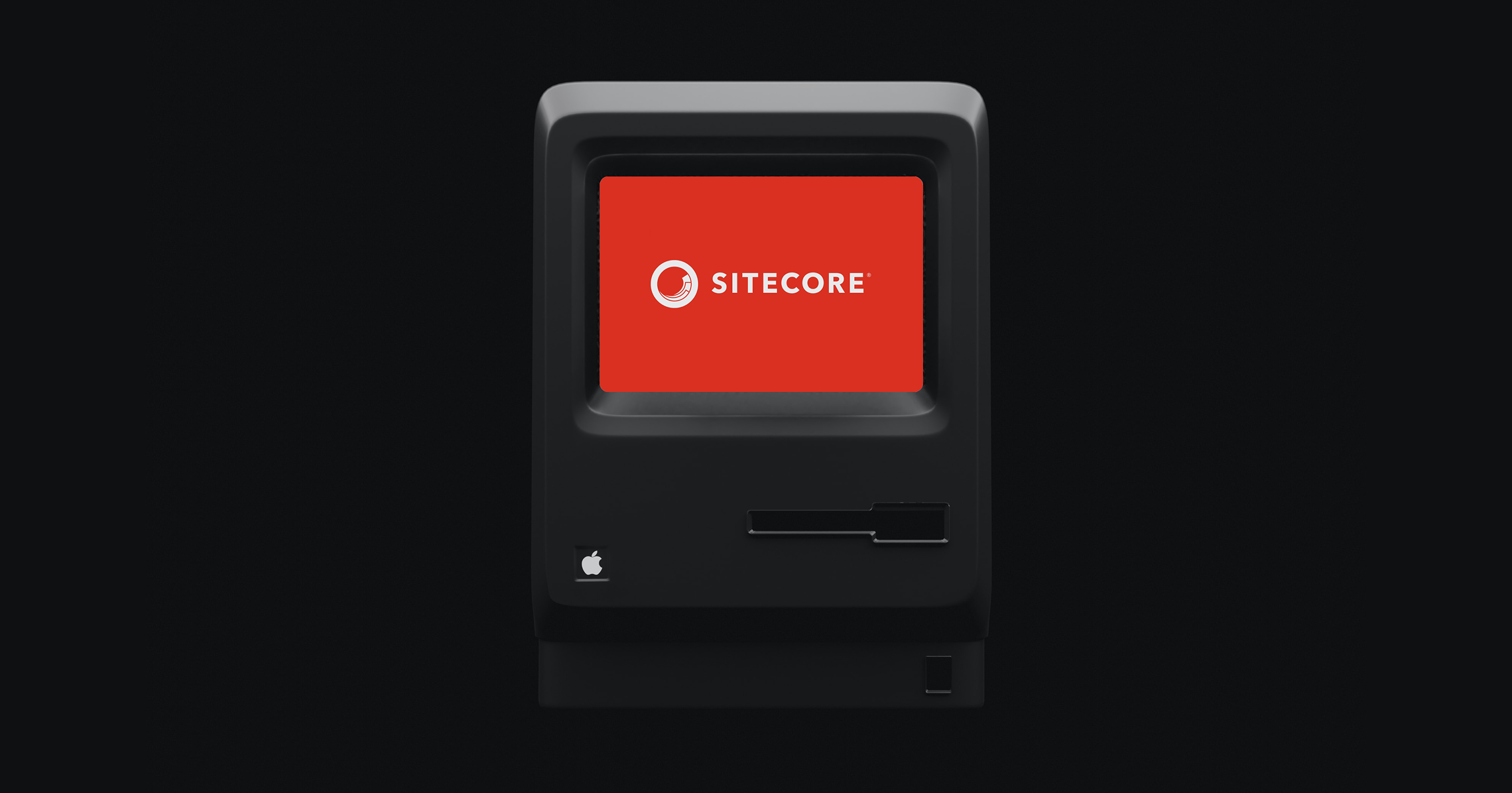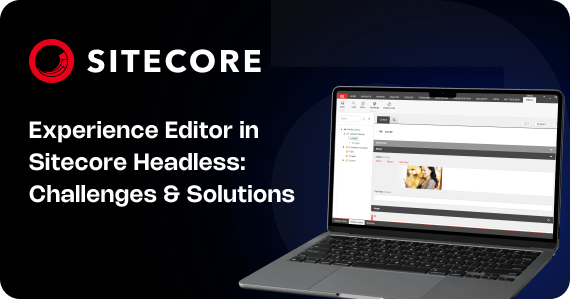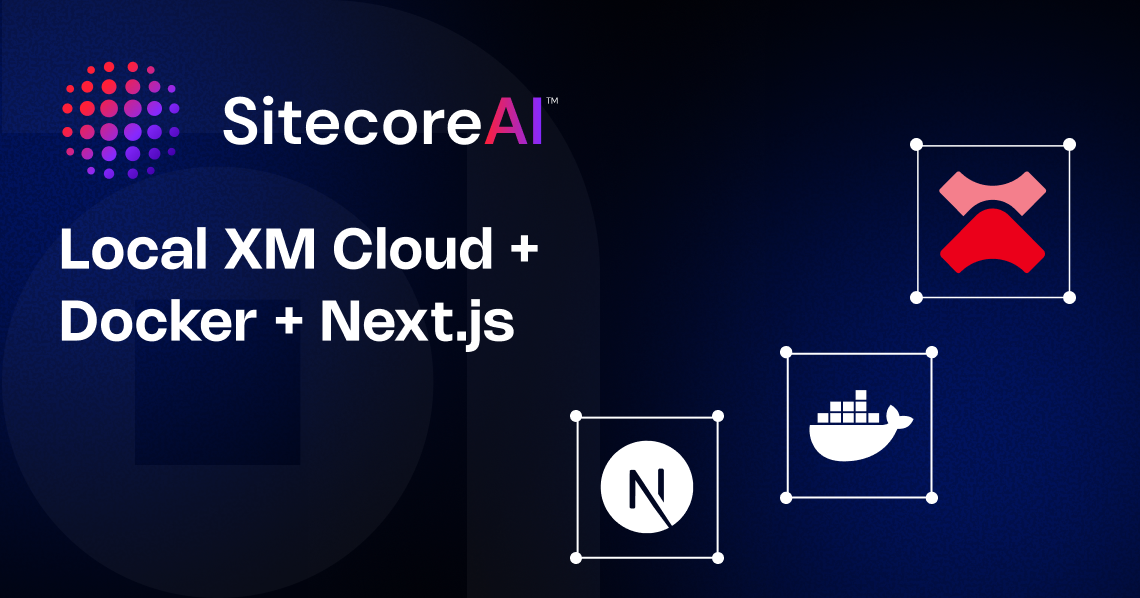
What is Sitecore CMS: A Comprehensive Guide in 2025
If you're managing digital content across multiple platforms, you’ve probably heard of Sitecore CMS. By 2025, it remains a leading selection by business organizations at the enterprise level that requires flexibility, customization, and scalability. Are you a marketer who wants to have dynamic experiences or a developer who needs technical control? Sitecore will enable you to achieve both objectives in a single location.
This blog will provide you with everything you need to know about Sitecore CMS and how it can benefit the enterprise at large scale. So, let’s dive into the details:
What is Sitecore CMS?
It is a strong digital experience and content management platform that will enable you to manage your websites, customize customer experiences and automate marketing across channels. It is based on the Microsoft .NET framework and enables you to control your digital assets at the enterprise level, including content publishing, analytics, and campaign automation.
Here’s how Sitecore CMS works for you:
- You create, edit, and organize content using intuitive tools like the Experience Editor and Content Tree.
- You personalize content delivery based on visitor data like location, behaviour, or device.
- You track performance through Sitecore’s built-in analytics dashboard.
- You automate workflows, such as follow-up emails, product recommendations, and lead nurturing sequences.
Because of its modular design, you are able to integrate other tools, such as CRMs, ERPs, or eCommerce platforms, to form a connected marketing ecosystem. It is also possible to control several websites and languages through a single platform, which makes it a perfect global teams tool.
Sitecore CRM Features and Benefits
Managing customer experiences goes beyond just content and that’s where Sitecore CMS truly shines. It helps you connect, personalize, and convert with tools that work together seamlessly.
- Personalization at Scale - You are able to customize content to every visitor depending on his actions, preferences or location. It gives your site a human touch-as though it really understands who your visitors are, and what they want to see next.
- Marketing Automation - Auto campaigns in real-time. Regardless of whether a person downloads a guide or leaves a cart, Sitecore allows you to act immediately by sending personalized emails or pop-ups that will allow you to take them back.
- Advanced Analytics - Monitor user actions, activity, and campaign success on a single platform. This will assist you to gauge what is performing and invest more in content or strategies that are converting.
- Multilingual Support - Publish and edit content in various languages with ease. You will be able to localize messaging to audiences around the world without complicating your workflow and decentralizing it.
- CRM and Commerce Integration - Sitecore integrates well with Salesforce or HubSpot or custom CRMs. This provides you with a complete picture of your users and you can customize the experience of your users across channels.
- Developer-Friendly Tools - Sitecore has a powerful API-first architecture and robust .NET foundation that enables your dev team to create whatever they want, whether it is a headless app or custom component
How Sitecore can be Used: Use Case
Sitecore is not industry specific- it is made to work with any brand that is interested in improving engagement. The following are three practical applications of how you can apply it in business.
Retail Personalization
You operate an online shop where buyers are located across the globe. Sitecore allows you to tailor homepage banners, product suggestions, and even checkout experiences to the previous behaviour of the user, country or referral source. Cart abandonment triggers will also allow you to send automated reminders and recover your lost sales and increase conversions.
Healthcare Communication
You are operating a healthcare portal where a patient can make an appointment, see the results, or read educational materials. Using Sitecore, you will be able to personalize patient messages, suggest appropriate articles to read, depending on the medical history, and send appointment reminders, still being compliant with data privacy laws. It assists you in serving patients in a smarter and quicker way.
Admissions to Higher Education
You are a digital marketer at a university. Sitecore allows you to display various content to undergraduates and postgraduates, segment by country, and perform automated email follow-up after students complete inquiry forms. You are also able to localize whole portions of your site and control all under the same roof.
Why Choose Sitecore CMS Over Other Content Management System Solutions?
CMS platforms are not all created equally and the selection of a platform will depend upon your requirements. If you’re aiming for personalization, scalability, and tight marketing integration, it’s important to understand how Sitecore CMS performs versus other options.
Sitecore CMS Pros and Cons
Sitecore CMS is built for performance and flexibility. It enables you to control both content and user experience in a single package-without having to use several tools.
Pros:
- Provides extreme personalization capabilities out of the box.
- Easily scales to multi-site, multi-language environments.
- Integrates content management, customer insights, and marketing automation on a single platform.
- Headless architecture and traditional configuration are supported, which provides you with development freedom.
- Easy to integrate with CRM, eCommerce, and analytics.
Cons:
- Has a steeper learning curve among non technical users.
- Experienced developers are required to set up and customize.
- Smaller businesses can be more expensive to license and infrastructure.
- Could be complicated when you are moving out of a plain CMS.
Still, if you need power, flexibility, and enterprise-grade performance, Sitecore is one of the most complete platforms available today.
The Pros and Cons of Other CMS Platforms
Most of the platforms in the market today are either easy to use or inexpensive to get into, and although that is excellent to get into quickly, they do not have the capabilities of an enterprise.
Pros:
- It is less demanding to start with little training.
- Less costly and less infrastructure demands.
- Extended functionality of good plugin ecosystems.
Cons:
- Have little personalization capabilities or depend on third-party applications.
- Limited multi-site or multi-language support.
- Frequently do not have built-in marketing automation, and you are forced to connect several systems.
- Hybrid architecture or headless architecture is not supported by all platforms.
- Not all tools provide powerful analytics or content testing out of the box.
Why Sitecore Wins
If you're looking for a CMS that grows with your business, understands your audience, and delivers personalization without patching together tools, Sitecore CMS is built for you. Its ability to unify your content, data, and marketing efforts makes it a future-ready platform for serious digital growth.
Conclusion
If you're serious about creating personalized, scalable digital experiences, Sitecore CMS is a platform you can count on. From content management to marketing automation, it brings everything together in one powerful system. But to get the most out of it, you need the right implementation partner.
Looking to do more with Sitecore? Partner with Arroact we’ll help you build smarter, faster, and more impactful solutions that actually align with your business goals. Ready to take your digital game to the next level? Let’s make it happen!"
Related Blogs


Read More

Read More

Read More
